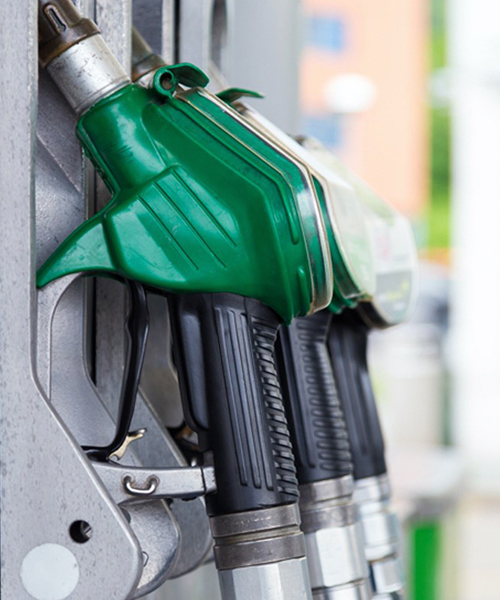
E-fuels to drive decarbonization
Decarbonizing mobility
All about blockchain
The blockchain technology
The innovative system has evolved into an essential tool for ensuring integrity and transparency in the digital age.
Although the term blockchain may sound new, its origins date back to the 1980s, when visionary ideas began to develop a decentralized, secure, and transparent system for data management. This technology has evolved over the decades, maturing to become the basis for innovations and opening up a range of possibilities in various sectors, including the energy sector.



What is blockchain technology?
In essence, blockchain is a distributed and secure database that registers and stores digital information immutably. This unique characteristic makes it an invaluable tool to ensure the transparency, traceability, and security of data.
In the financial field, blockchain technology facilitates quick, secure transactions without intermediaries, allowing electronic payments without the need for banks or financial institutions. This characteristic also applies to traceability in the supply chain, where the origin and movement of products can be tracked efficiently and transparently, combating counterfeiting and improving logistics management.
In the digital security field, blockchain facilitates the creation of secure and reliable digital identities, protecting the privacy of users. Moreover, smart contracts automate complex processes in the business field, reducing costs and risks, while their applications extend to areas such as the management of medical records, electronic voting, and copyright management.
How does blockchain work?
Blockchain works as a public record of transactions that is shared among all participants in a network. Unlike traditional systems, where an intermediary controls the information, in blockchain each transaction is grouped into a block and securely linked to the previous block, creating an unalterable chain that guarantees the security and integrity of the data.
The key stages of blockchain operation are:
Our energy plans
Discover Repsol's energy plans for your home and choose the one that best suits you.
Advantages of blockchain
Transactions are registered in a permanent and inalterable manner in the blockchain, creating an irrefutable historical record. This makes fraud much more difficult and ensures the integrity of data.
Blockchain technology allows direct transactions to be made, eliminating the need for intermediaries such as banks or financial institutions. This speeds up the processes, reduces costs, and grants greater control to users over their assets.
Users have full control over their digital identities in the blockchain network, removing dependence on centralized entities. This promotes privacy and individual freedom in the handling of personal information.
Removing intermediaries and automating processes significantly reduces operational costs in various sectors, such as logistics, finance, and supply chain management.
Blockchain technology facilitates interoperability among different systems and platforms, allowing greater connectivity and collaboration on a global scale.
The decentralized and secure nature of blockchain drives research and development in various areas, such as cybersecurity, Artificial Intelligence (AI), and digital identity.
Repsol and blockchain technology
At Repsol, blockchain technology has become a fundamental tool. Together with tokenization, its capacity to certify processes in a transparent and immutable manner allows us to explore new possibilities to encourage renewable energies, distributed power generation, and mobility.
We are currently developing two innovative projects that make the most of blockchain technology:
1. BlockLabs: certification of efficient and transparent products
In collaboration with Finboot, at the Repsol Technology Lab we have developed a blockchain platform that optimizes the certification of products.
BlockLabs allows us to:
2. VEIA Digitalis: secure digital identity management and control
It is a blockchain platform developed by Repsol and other Spanish companies that allows its users to: